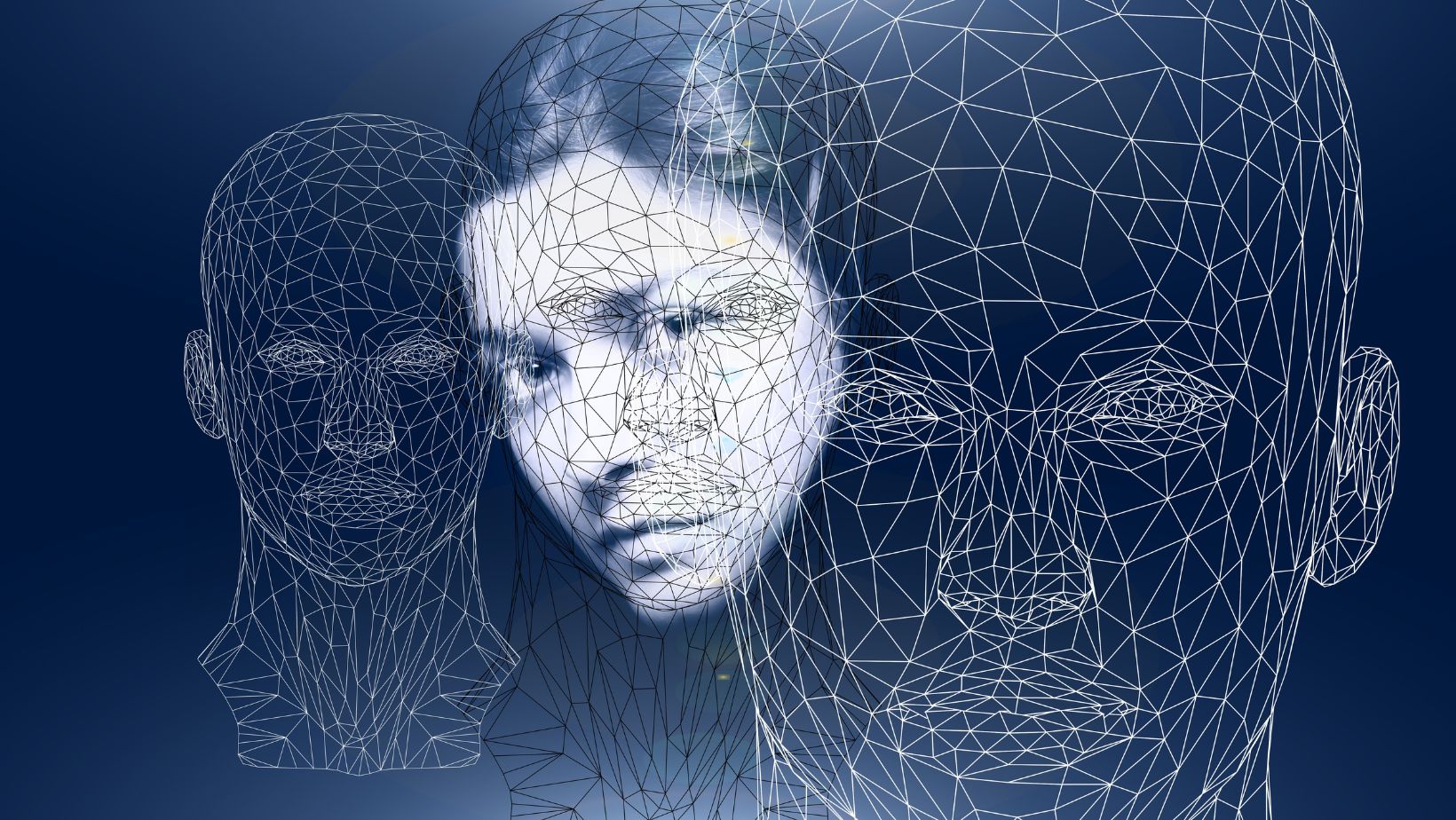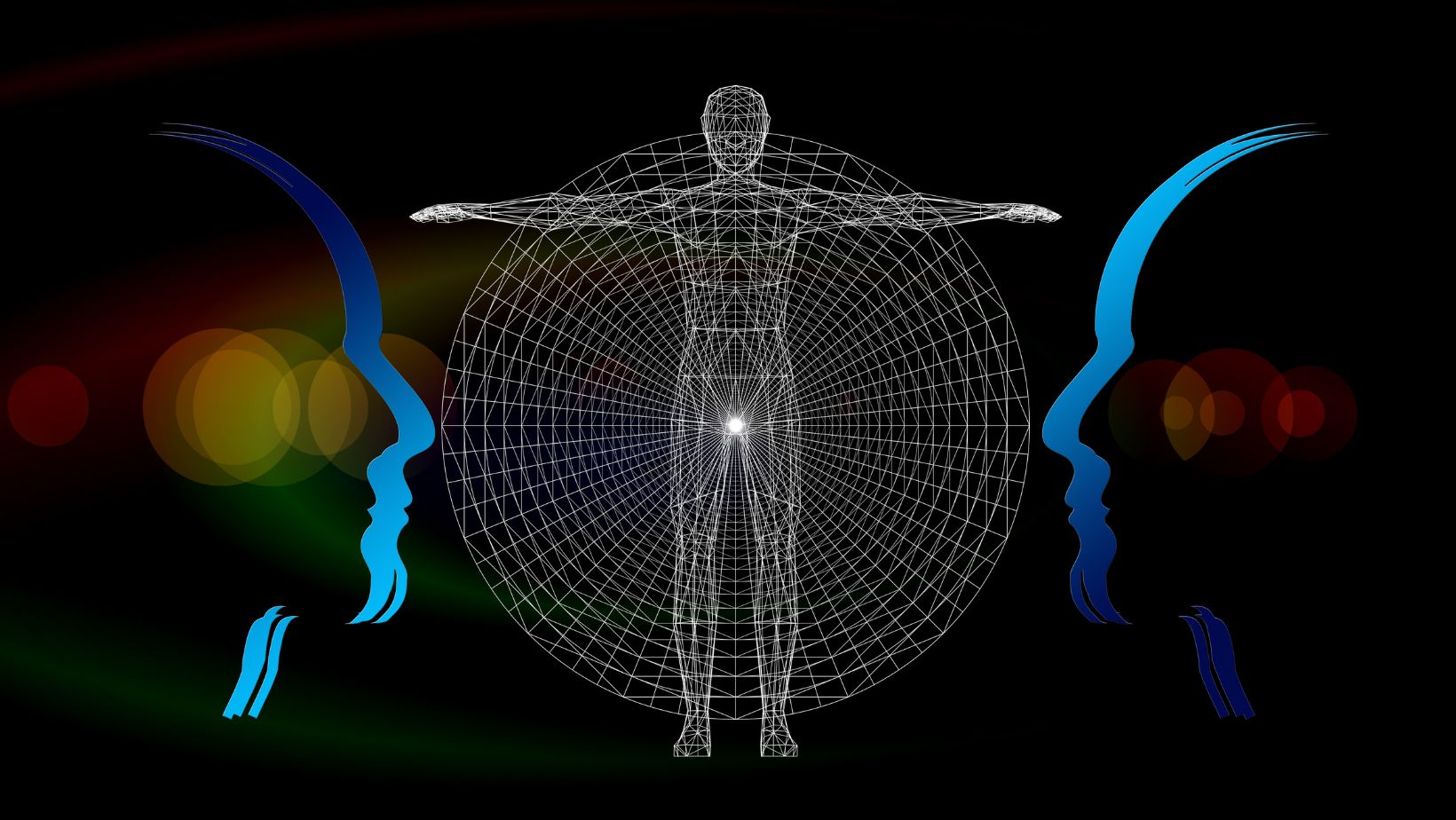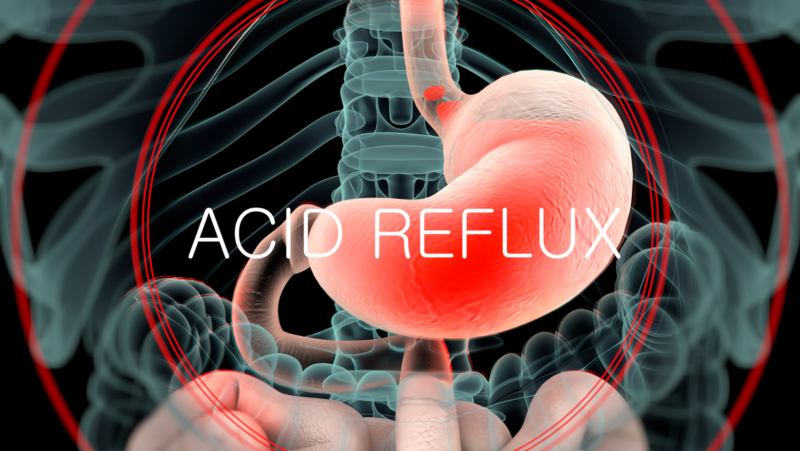
When most people think about personal injury, they picture the visible damage—bruises, broken bones, or surgical scars. But some of the most painful consequences of an accident are the ones no one can see. Anxiety, depression, post-traumatic stress disorder (PTSD), and emotional trauma and reframed psychological trauma often linger long after the physical wounds have healed. These mental and emotional injuries are just as real and, in many cases, even more difficult to live with.
Yet victims who suffer psychological harm after an accident are often overlooked. Insurance companies may downplay their symptoms, friends and family may not fully understand, and legal claims tend to focus on concrete numbers like hospital bills or repair estimates. But mental health matters, and it deserves recognition. Firms like Anderson Blanda & Saltzman in Lafayette understand that the fight for justice doesn’t end with a cast or a diagnosis—it continues in the daily struggle to feel whole again.
The Trauma That Lingers After Impact
A traumatic accident—a car crash, fall, or violent incident—can leave a person feeling unsafe in the world. The sound of screeching tires, the flash of headlights, or the sudden jolt of impact can replay again and again in a person’s mind long after the actual event. Victims may experience panic attacks, nightmares, insomnia, or a constant sense of fear that something bad is about to happen again.
PTSD is often associated with military combat or extreme violence, but it is common among accident survivors as well. Flashbacks, emotional numbness, mood swings, and avoidance behaviors can disrupt everyday life. Many people withdraw from social situations, lose interest in things they once enjoyed, or struggle to maintain relationships. These changes can make it difficult to return to work or resume the routines they had before the accident.
Anxiety and Depression After Injury
Beyond PTSD, many injury victims experience generalized anxiety or clinical depression. Being unable to drive, work, or care for loved ones creates feelings of helplessness. Chronic pain or physical limitations can make people feel trapped in their own bodies. Even the stress of dealing with medical bills, missed income, and legal paperwork can become overwhelming.
Some people suffer in silence because they believe emotional suffering doesn’t “count” in a legal case. Others are told to toughen up, stay positive, or focus on how lucky they were to survive. But mental health is just as important as physical health, and emotional injuries deserve the same care and validation.
Why Emotional Injuries Are Often Dismissed
One of the biggest challenges in getting recognition for psychological injuries is that they’re invisible. A broken leg shows up on an X-ray, but anxiety doesn’t leave a physical mark. Some insurance adjusters and defense attorneys try to argue that symptoms are exaggerated or unrelated to the accident. Others claim the victim had preexisting mental health conditions and use that as an excuse to avoid paying compensation.
This kind of skepticism only adds to the emotional burden victims are already carrying. Being forced to justify or defend your pain makes the healing process even harder. That’s why it’s so important to document your symptoms, seek mental health treatment, and work with a legal team that takes psychological injuries seriously.
How Mental Health Support Strengthens Your Case
Seeing a therapist, psychologist, or psychiatrist not only helps you heal—it also creates a medical record that supports your claim. Just as a doctor’s notes help prove a physical injury, a mental health professional’s evaluation can verify emotional trauma. These professionals can also provide expert testimony, treatment plans, and insight into how your life has changed since the incident.
Keeping a journal of your daily emotional struggles, missed activities, or sleep patterns can also serve as powerful evidence. Small details that seem personal or insignificant can paint a compelling picture of how the injury has affected your life, helping your attorney build a stronger, more complete case.
Compensation for Emotional Distress Is Real
Louisiana law allows victims to recover damages not just for physical harm, but also for pain and suffering—a category that includes emotional distress, anxiety, PTSD, and loss of enjoyment of life. These types of damages are not based on receipts or bills, but rather on the human impact of the injury.
Courts and juries recognize that trauma can be just as debilitating as physical injury, especially when it leads to long-term disability, job loss, or personal strain. An experienced attorney will know how to present your emotional suffering in a way that connects with decision-makers and underscores the seriousness of your claim.
The Importance of Being Heard and Believed
Emotional recovery after an injury is just as vital as physical healing. Unfortunately, many victims feel dismissed or overlooked during the claims process, adding to their frustration and pain. Being seen, heard, and validated can make a meaningful difference. Here’s why that support is so important:
- Emotional Validation Matters – Feeling like your pain and experience are acknowledged helps restore a sense of dignity during a difficult time.
- Legal Teams Can Provide Support – Unlike insurance adjusters, a compassionate attorney can act as a steady advocate who listens to your story and fights for your rights.
- You’re More Than a Case Number – Personalized legal representation ensures that your unique experience is respected and your voice is heard.
- Acknowledging Psychological Impact – An attorney who understands emotional trauma can better represent the full scope of your suffering, not just the physical damage.
- Empowerment Through Advocacy – Knowing someone is in your corner, advocating for justice, gives you confidence and strength during the recovery process.
- Reinforcement That Your Story Matters – When your experiences are taken seriously, it validates the pain you’ve endured and reinforces that accountability matters.
- Healing Through Justice – Whether through a settlement or courtroom outcome, the legal process can be part of reclaiming control and finding closure.
You Don’t Have to Go Through This Alone
No one should have to endure physical and emotional suffering in silence. If you’re dealing with anxiety, depression, or PTSD after an accident, you deserve care, understanding, and legal protection. There are professionals who will take your pain seriously, stand up for your rights, and help you pursue compensation for every part of your recovery—not just the injuries that are visible.
Taking that first step toward legal support doesn’t mean committing to a lawsuit overnight. It means having a conversation, getting answers, and understanding your options. With the right guidance, you can begin to reclaim your voice and your peace of mind—one step at a time.














